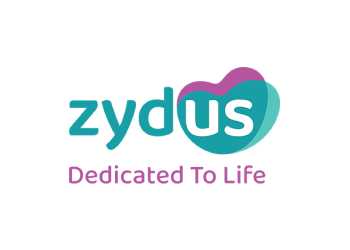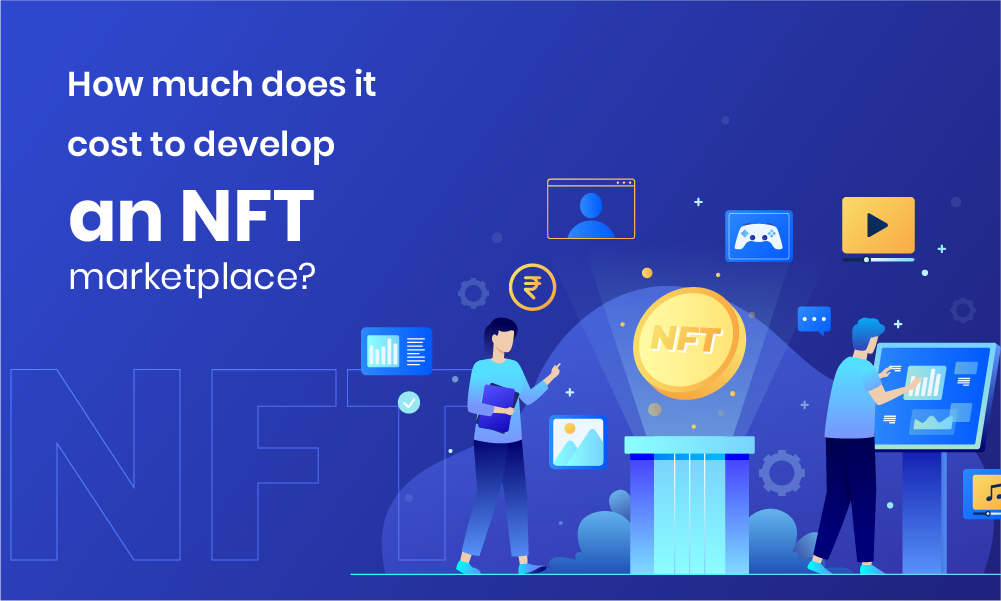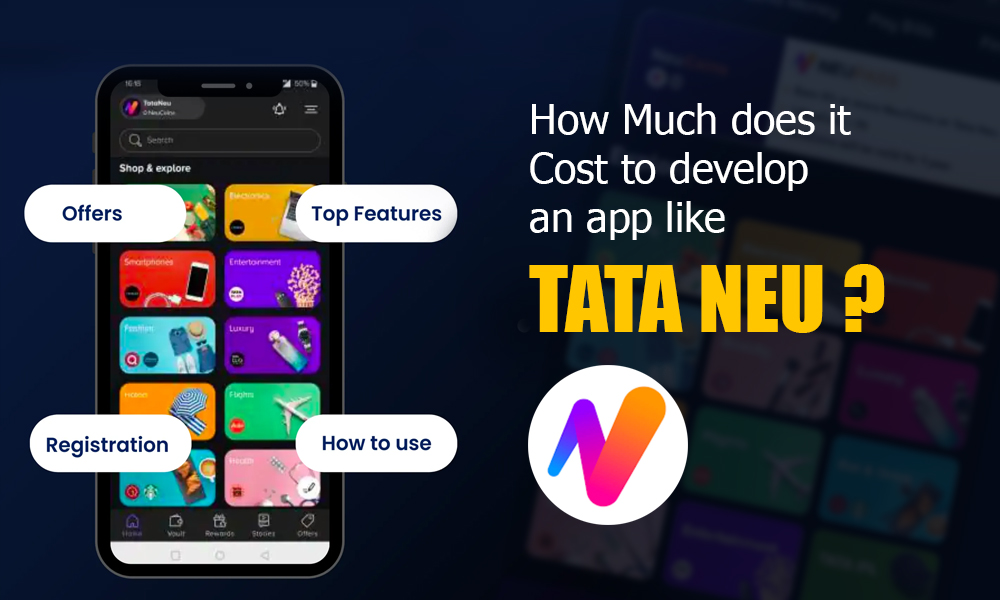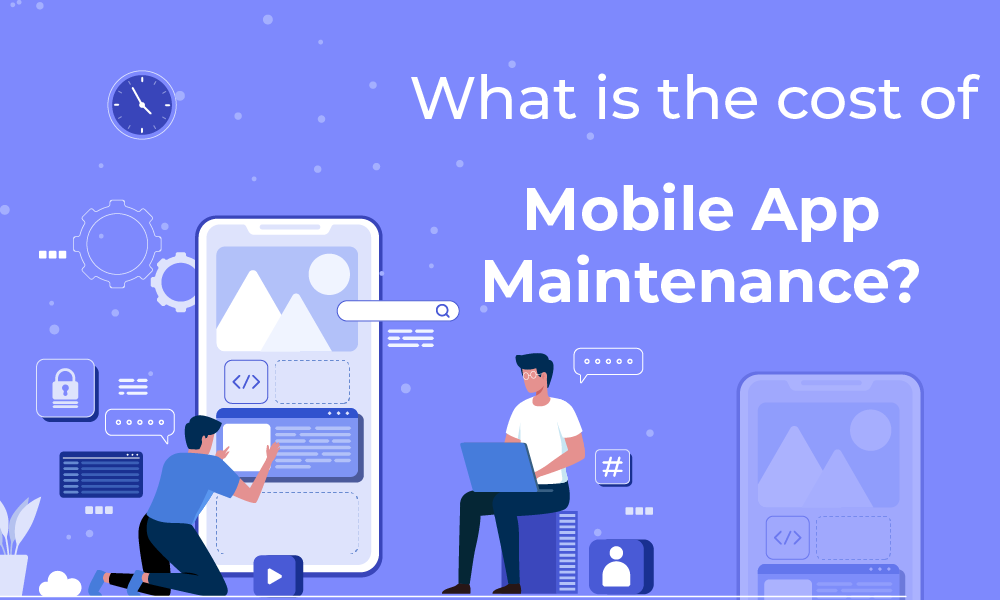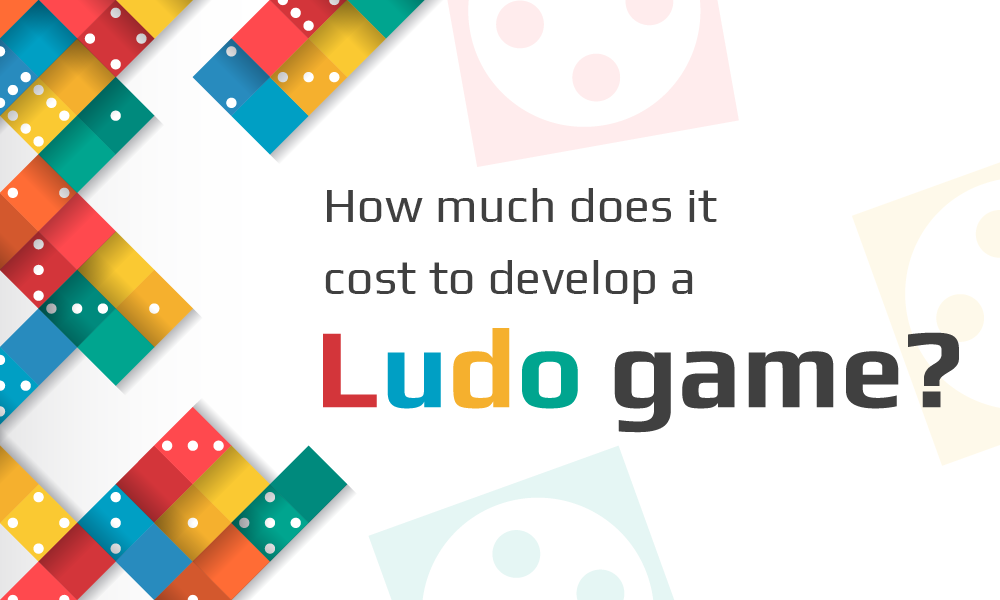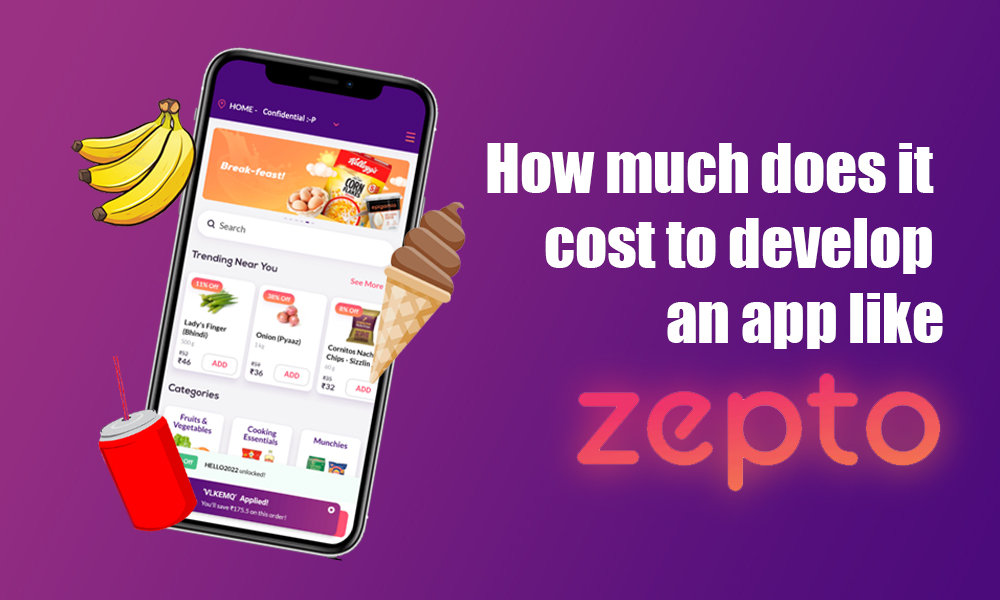The insurance sector is being disrupted by blockchain technology. And finally!
According to a survey by Markets and Markets, a CAGR of 84.9 percent is predicted for the global market for Blockchain in insurance, which is anticipated to grow from USD 64.50 million in 2018 to USD 1,393.8 million by 2025.
By offering a wide range of advantages like lower costs, improved customer experiences, increased productivity, increased transparency, and more, Blockchain technology is assisting the insurance business in drastically changing operations.
In the coming years, blockchain usage in the insurance industry is anticipated to increase significantly. By 2023, enterprises are predicted to use blockchain more broadly, and by 2030, it will have generated $3.1 trillion in new economic value.
As a result, now is the ideal time for businesses to realise the full potential of blockchain technology, learn how to apply it effectively, and expand their operations.
Continue reading to learn about the benefits of blockchain for the insurance industry, what is the cost to implement insurance industry and the various real-world use cases.
Let’s get started!
How can Blockchain help the insurance industry?
Table of Contents
ToggleBlockchain technology can provide significant efficiency gains, transparency, faster payouts, cost savings, and fraud prevention while allowing for trusted real-time data sharing between multiple parties. Blockchain can also help new insurance practises create better products and markets.
1. Prevents false claims:
Fraud is a major source of concern in the insurance industry. According to the Coalition Against Insurance Fraud, insurance fraud costs Americans $80 billion each year.
Despite the fact that insurance companies use smart analytics and other methodologies to deal with false claims, fraudsters continue to develop more sophisticated methods of duping companies.
The inherent feature of blockchain in capturing time-stamped transactions with full audit trails makes it extremely difficult for fraudsters to commit fraud. A blockchain-powered ledger, for example, can be used to track data about high-value items such as jewellery. This ledger can be used in place of authenticity certificates to prevent duplicate claims, fake replacements, and fraudulent insurance claims.
2. Improves customer experience:
Sticking with one service provider is no longer a given. Customers prefer providers who offer lower premiums. Intense competition from new players using innovative models like on-demand insurance coverage has exacerbated traditional insurers’ woes.
In such cases, gaining customers’ trust while minimising price margins has become critical.
3. Increases trustworthiness:
One of the major benefits of using blockchain in insurance is that it helps to build trust between different entities. Immutability and auditability are inherent features of consensus algorithms built into blockchain.
These algorithms facilitate the creation of smart contracts on the blockchain, which benefits the insurance industry. Furthermore, because blockchain is an immutable ledger, smart contracts enable transactions that are timely, transparent, and trustworthy.
It is possible to reduce fraud when the industry uses a shared claims ledger for inspection with no per-transaction charge. Regulators can monitor all insurance variables on the ledger in real time, making auditing easier.
Smart contracts enable more automation by streamlining the insurance process and enabling transparent transactions. As the blockchain executes on the smart contract terms, the entire insurance claims process runs smoothly.
What’s more, blockchain does it automatically, which means automation is a huge benefit for insurance companies. As a result, blockchain saves insurance companies time, effort, and money by lowering administrative costs.
4. Aids in the collection and storage of useful data:
Insurance companies thrive on data. Using technologies such as artificial intelligence (AI) and the Internet of Things, blockchain can collect a wide range of usable data (IoT).
Data collected by IoT is stored on the blockchain and then read by AI, allowing your company to make informed insurance premium decisions.
IoT devices can also help monitor a vehicle, allowing insureds to qualify for safe driver discounts and providing your insurance company with more data on vehicle performance and driver habits to work with.
How Much Does it Cost to Implement Blockchain in Insurance?
As you might be familiar that blockchain is an advance and popular technology and the projects aligned with such a technology will go high.
Well the cost to integrate blockchain in insurance niche will start from $90k- and probably reach high based on the features, project plan and more.If you willing to develop something in insurance niche with the use of Blockchain technology then hiring the trustworthy blockchain development partner proves to be wise decision
Our highly experienced team of professionals at ReapMind not only assists you in entering the world of decentralised solutions, but also assists you in dealing with complex situations along the way.We provide a wide range of blockchain and crypto insurance development services that improve your company’s scalability, transparency, and security.
We are also assisting insurers all over the world in determining how blockchain can change the way they do business. Our blockchain development team will assist you in understanding the principles of distributed ledger and encryption so that you can create winning solutions for your organisation.
So, if you want to build robust and scalable blockchain solutions for your insurance business or learn more about blockchain insurance, get in touch with us.







